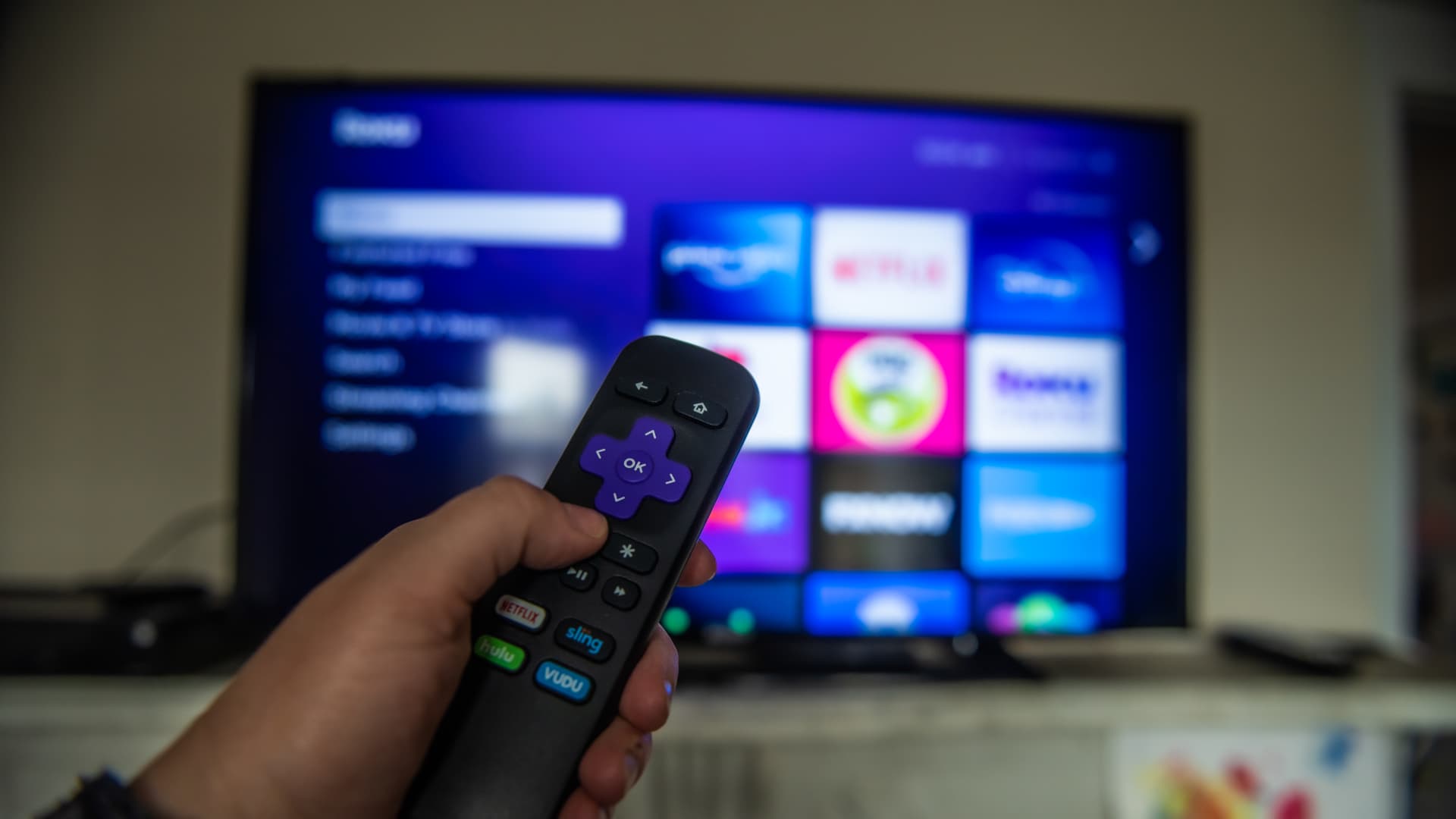Doctors will often tell you to avoid processed foods or foods that contain high amounts of sugar or saturated fat.
Their advice is sound, since consuming these foods frequently can increase your risk of developing chronic diseases, including neurological conditions like stroke and dementia.
However, as a neurologist, I can tell you that there are some other surprising and lesser-known foods you should avoid in order to prevent serious neurological issues.
I never eat these four foods:
1. Canned foods that appear damaged
If a can is bulging, cracked, or severely dented, it should raise an alarm. It might be a sign of botulinum contamination, which can cause botulism.
The botulinum toxin is one of the most potent neurotoxins known to science. It blocks the release of a neurotransmitter that helps your brain tell your muscles to move. The result can be limb paralysis, blurred vision, and, in severe cases, respiratory failure. Without an antidote, botulism can be fatal.
What makes this toxin particularly dangerous is that you can't detect it by smell, taste, or sight. Unfortunately, heating the food in a contaminated can may not be enough to neutralize the toxin.
Remember this motto: "When in doubt, throw it out."
2. Certain reef fish, especially in tropical areas
I love eating fish and I encourage my patients to consume varieties like salmon, sardines, and trout, which are high in omega-3 fatty acids and low in mercury.
However, I advise caution when it comes to larger tropical fish such as barracuda, grouper, sturgeon, moray eel, and amberjack. They may contain a neurotoxin called ciguatoxin, especially if they were caught in places with coral reefs like the Caribbean and the South Pacific.
I've personally seen a few cases of ciguatera poisoning, and symptoms can include a sensation of coldness, burning, tingling, dizziness, or even vivid nightmares. Because some of these symptoms are non-specific, it can be easily misdiagnosed, especially without a detailed patient history.
The kicker is that ciguatoxin is heat-stable, meaning that no matter how long you cook the fish, the toxin remains intact. And like the botulinum toxin, it doesn't have a taste or smell.
Try to limit your intake of large predatory fish, avoid certain parts like liver, roe, and heads, and be particularly cautious in endemic areas.
3. Uncooked or undercooked pork
The risk here is neurocysticercosis, a condition caused by ingesting the eggs of the pork tapeworm. The tapeworm's larvae can travel to the brain and cause a variety of symptoms, including seizures, increased intracranial pressure, and even dementia-like symptoms. Brain imaging typically shows multiple cysts in the person's brain.
Neurocysticercosis is one of the leading causes of acquired epilepsy worldwide. And while it isn't very common in developed countries, I have seen cases in the U.S.
So if you travel frequently to or spend significant time in developing countries — or anywhere with poor sanitation — cook pork thoroughly and practice good hand hygiene.
4. Unpasteurized milk
When milk is pasteurized, it's treated with heat to eliminate microorganisms that can cause disease. The process does reduce the concentrations of certain vitamins, but the impact is minimal.
Raw milk, on the other hand, is a well-recognized source of pathogens such as listeria, E. coli, and salmonella. Drinking it causes approximately 840 times more illnesses and 45 times more hospitalizations than pasteurized milk, despite being consumed by a small minority of the population.
Current data shows that children, pregnant women, the elderly, and immunocompromised individuals are at highest risk for severe outcomes, including hemolytic uremic syndrome, miscarriage, and death.
I've personally seen cases of irreversible damage to the brain leading to seizures, meningitis, and coma that were caused by pathogens from unpasteurized products.
And claims that drinking unpasteurized milk lowers rates of asthma, cancer, or lactose intolerance? Those are unsubstantiated.
Of course, you should always consult with a health care professional before making any drastic changes to your diet. The key is to be more mindful and aware of what we put into our bodies, especially if it can be damaging to our brain health.
Baibing Chen is a double-boarded certified neurologist and epileptologist practicing at the University of Michigan. Find him on Instagram, TikTok, and YouTube.
Want to stand out, grow your network, and get more job opportunities? Sign up for Smarter by CNBC Make It's new online course, How to Build a Standout Personal Brand: Online, In Person, and At Work. Learn from three expert instructors how to showcase your skills, build a stellar reputation, and create a digital presence that AI can't replicate.
Plus, sign up for CNBC Make It's newsletter to get tips and tricks for success at work, with money and in life, and request to join our exclusive community on LinkedIn to connect with experts and peers.

.png)











 English (US) ·
English (US) ·